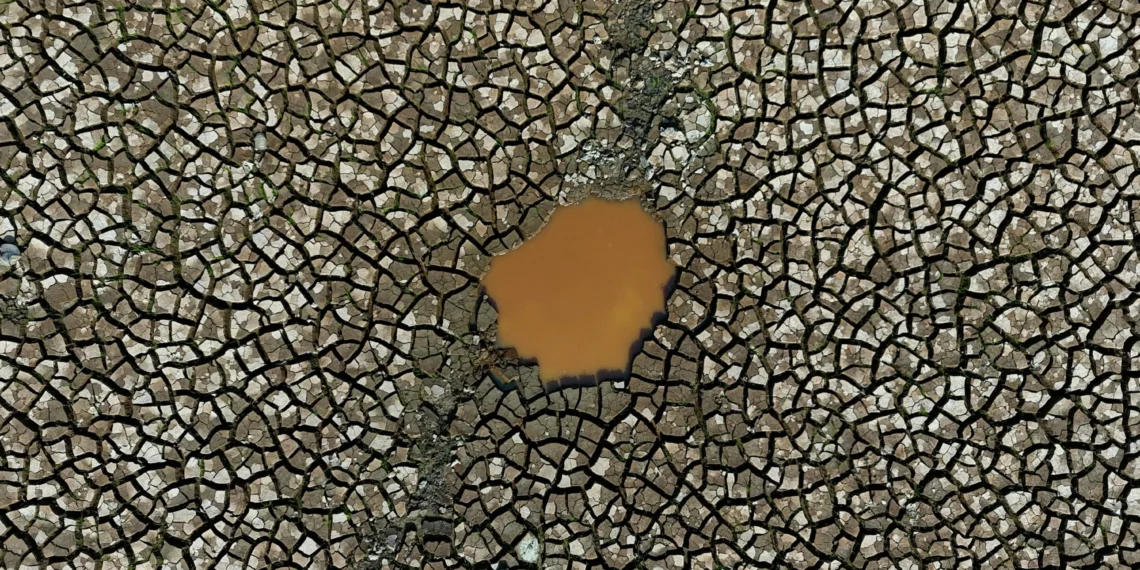Climate change is a pressing issue that has been gaining attention in recent years. With the rise of global temperatures and the increasing frequency of extreme weather events, it is clear that urgent action is needed to address this crisis. A new report by doctors and health experts has shed light on the alarming impact of climate change on our health and well-being.
The report, titled “Climate Change and Health: Risks and Responses,” highlights the devastating effects of climate change on human health. It states that the burning of fossil fuels, such as coal, oil, and gas, is the main contributor to the rise in global temperatures. These emissions not only trap heat in the atmosphere, but they also release harmful pollutants that have a detrimental impact on our health.
One of the most concerning findings of the report is the link between climate change and the worsening of drought and food security. As temperatures continue to rise, many regions around the world are experiencing more frequent and severe droughts. This has a direct impact on food production, leading to food shortages and malnutrition. In fact, the report estimates that climate change is already responsible for over 150,000 deaths annually, with the majority of these deaths being attributed to malnutrition.
But it’s not just food security that is being affected by climate change. The report also highlights the increased risk of heat-related illnesses, such as heatstroke and dehydration, as well as the spread of diseases carried by insects, such as malaria and dengue fever. These health risks are particularly concerning for vulnerable populations, including children, the elderly, and those with pre-existing health conditions.
The report also emphasizes the disproportionate impact of climate change on low-income and marginalized communities. These communities often lack access to proper healthcare and are more vulnerable to the effects of extreme weather events. This further exacerbates existing health inequalities and highlights the urgent need for action to address climate change.
But it’s not all doom and gloom. The report also outlines the steps that can be taken to mitigate the effects of climate change on our health. One of the most effective solutions is to reduce our reliance on fossil fuels and transition to clean, renewable energy sources. This not only reduces greenhouse gas emissions but also improves air quality, leading to better overall health.
Individual actions can also make a difference. Simple changes like reducing energy consumption, using public transportation or biking instead of driving, and supporting sustainable businesses can all contribute to reducing our carbon footprint. Additionally, supporting policies and initiatives that prioritize climate action can have a significant impact on reducing emissions and protecting our health.
It is also crucial for governments and policymakers to take immediate and decisive action to address climate change. This includes implementing policies that promote clean energy, investing in climate-resilient infrastructure, and supporting vulnerable communities. The report calls for a coordinated effort from all sectors to tackle this global issue and protect the health of our planet and its inhabitants.
The good news is that we still have time to make a difference. The report highlights that if we take action now, we can prevent the most severe impacts of climate change and protect the health of future generations. But this requires a collective effort from individuals, communities, and governments worldwide.
In conclusion, the new report by doctors and health experts serves as a wake-up call to the urgent need for action on climate change. It highlights the devastating impact of fossil fuel emissions on our health and well-being, and the urgent need for a transition to clean, renewable energy sources. It is time for all of us to take responsibility and work towards a sustainable future for the sake of our health and the health of our planet. Let’s take action now before it’s too late.







